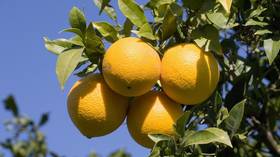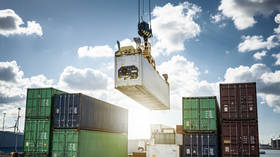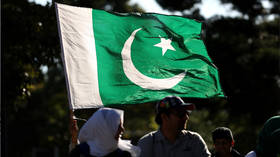EU state admits Russian counter-sanctions have caused serious damage to trade

Reciprocal measures introduced by the Kremlin in response to anti-Russian sanctions have severely hit mutual trade between Moscow and Athens, with Greek exports to the country reportedly halved over the past seven years.
“Russian counter-sanctions have bashed Greek exports, which have been cut in half since 2014. This is especially the case for fresh fruit, vegetables, fish and dairy products,” Varvitsiotis Miltiadis, Greece’s alternate minister of foreign affairs, said in an interview with TASS.
According to the official, Greek manufacturers are currently ramping up their efforts to increase the share of the country’s products in the Russian market by boosting sales of other goods that are not subject to sanctions.
The Russian authorities placed an import ban on a number of food products from EU member states in 2014, after relations between Moscow and Brussels dramatically declined as a result of economic sanctions introduced by the EU against Russia. The step has drawn harsh criticism from citizens and companies in both Russia and the EU, and sparked a wave of protests among European farmers.
“Tourism is of particular importance to us since it helps to reduce the vast trade deficit we have with Russia, our traditional source of energy and grains,” Miltiadis said.
The diplomat added that Greece couldn’t welcome as many Russian visitors as it used to in recent years, due to Covid-related restrictions. However, the country’s hoteliers hope for a swift recovery in tourist numbers from Russia.
For more stories on economy & finance visit RT's business section














